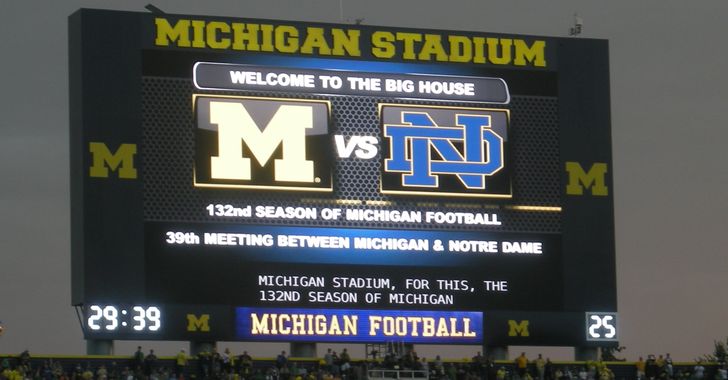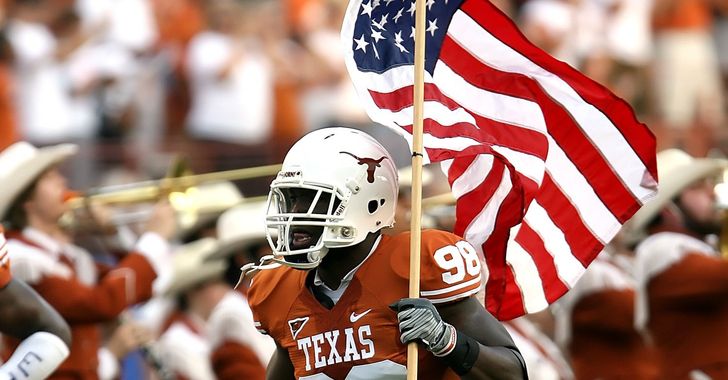When Supreme Court Justice Ruth Bader Ginsburg passed away on September 18, the country barely had time to mourn her passing before discourse around her potential replacement proliferated across the internet.
Ginsburg was a judicial icon, revered for constructing a common law framework that ensured women were equal to men in the eyes of the Constitution. Now a fierce battle is being fought in Washington over who should replace her. All eyes immediately turned to Amy Coney Barrett, a judge for the 7th U.S. Circuit Court of Appeals. Barrett has been the favorite to fill any vacancy on the Court after being the runner-up to fill Justice Anthony Kennedy's seat, which was ultimately given to Brett Kavanaugh. Barrett is seen as the ideological heir to Supreme Court Justice Antonin Scalia, the extremely conservative originalist who she clerked for while attending Notre Dame Law School (where she later became a professor).
Amy Coney Barrett's religious views are not traditional to the Catholic Church and are cause for concern.
Barrett is a staunch, religious conservative. In her confirmation hearing for her current judgeship, Barrett was questioned about her involvement with a group called "People of Praise," a conservative Catholic group created as a reaction to the new, less restrictive rules created by the Church during the Second Vatican Council. According to the New York Times, "The group believes in prophecy, speaking in tongues, and divine healings." Former members have likened it to a "cult."
A former Notre Dame professor who left People of Praise characterized some of its teachings about women: "According to a teaching that has been circulating among the community heads, women are by nature manipulative." In the community, people are required to report to community heads which they are supposed to consult for almost every decision they make. For married women, their spiritual heads are their husbands. Women are not allowed to have high-level leadership positions in the community although there are some "women leaders," which were until very recently known as "handmaids." I find all these teachings inconsistent with the official Catholic doctrine as laid out in the Catechism.
Still, my major concern with Amy Coney Barrett is not that she is religious, it is that we do not know what beliefs or covenants she is bound to and how they influence her judicial decisionmaking.
At Notre Dame Law School's 2006 Commencement ceremony, Barrett said a "legal career is but a means to an end, and... that end is building the kingdom of God." There are valid questions about what bearing Barrett's faith has on her legal interpretations of access to contraception, LGBTQ rights, women's rights, and most pressingly, abortion. Since the People of Praise strays from the teachings of the Church, it is unclear what views she holds on these issues from both a personal and legal perspective. This only becomes more concerning when taken in conjunction with her disrespect for precedence.
Barrett has previously written about her originalist interpretation of the Constitution. Barrett once wrote: "There is little reason to think that reversals [of past decisions] would do much damage" to the Supreme Court's reputation. "I tend to agree with those who say that a justice's duty is to the Constitution." Her unclear commitment to the legal doctrine known as stare decisis, which asserts that Supreme Court precedents should be respected, is ripe for scrutinization. With Ginsburg gone, Roe v. Wade is closer to being overturned than it ever has before and Barrett's appointment could make it a reality. It is of supreme importance that the connection between Barrett's religious views and judicial interpretations be understood clearly as it relates to a contentious issue like abortion. Will she respect stare decisis or be guided by her pro-life position when deciding a case that challenges Roe? These are questions of paramount importance.
There is nothing wrong with a Justice being religious but they have a duty to the American people and the Senate to disclose the ways in which their judicial doctrine is affected by their religious dogma, especially when it deviates from traditional Church teachings.







 Photo by
Photo by 









































